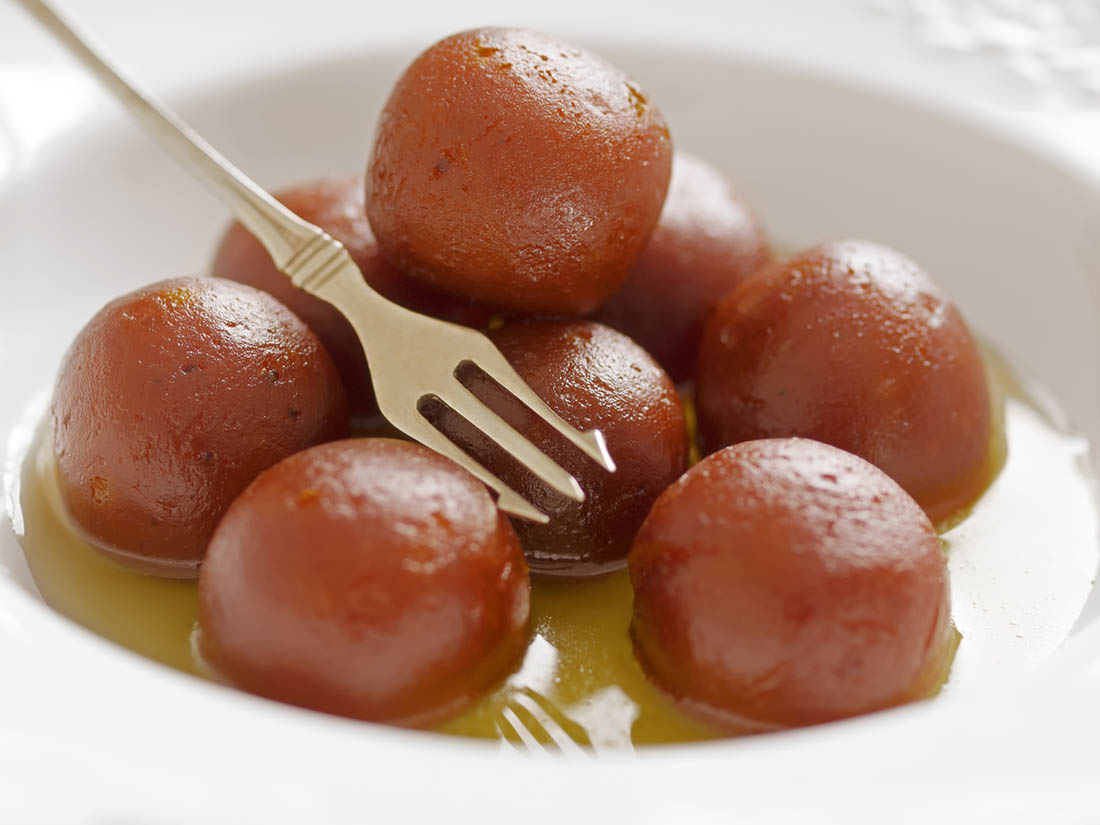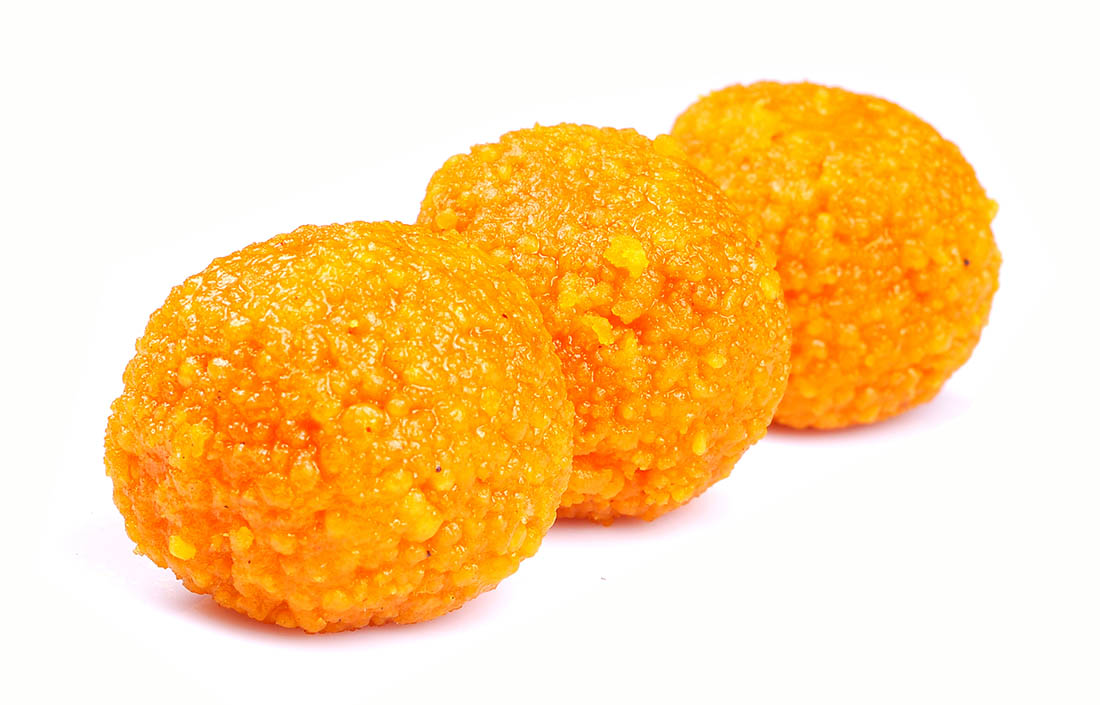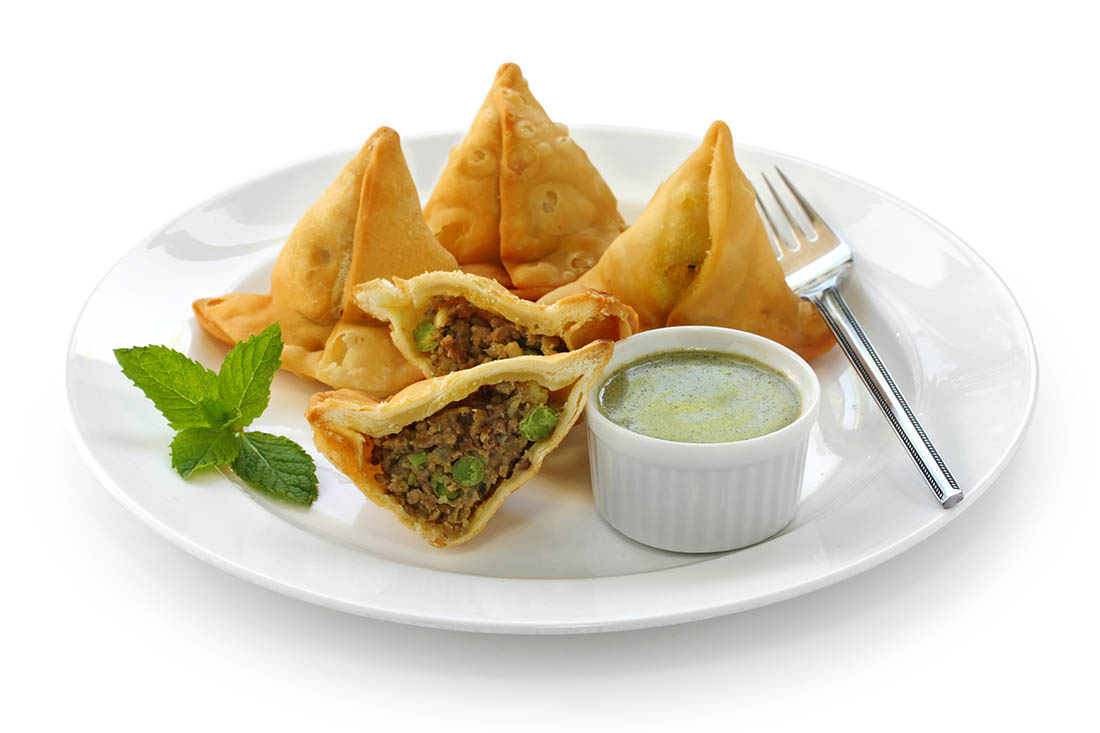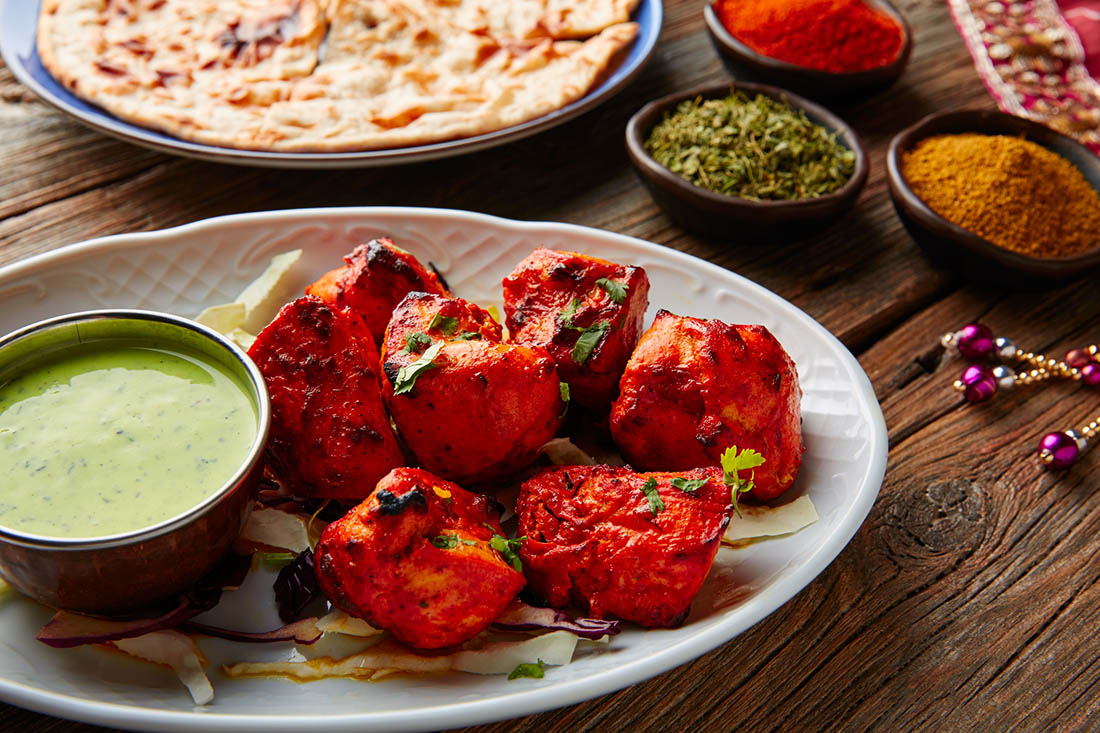Canada is home to immigrants from across the South Asian diaspora. As a result, there are many options when it comes to Indian food in Canada. There are many opportunities to try regional varieties of food from across South Asia. Across the South Asian diaspora, communities have combined traditional methods and flavours with the flavours of their new homes. Since Canada’s South Asian community includes those who moved directly from South Asia as well as those who were part of the diaspora elsewhere before moving to Canada, the country’s range of Indian foods includes dishes from across a wide geography as well as a wide swathe of time.
Biryani
Biryani is composed of rice, spices and meat cooked for a long time until ready. The dish is both juicy and tender, caramelized and savoury. It’s available in many iterations across the country and with all kinds of flavour profiles. Biryani is a quintessential introductory dish and provides an alternative starting point to a dish like butter chicken. As a mixed rice dish originating in Muslim Indian cuisine, it can be made with or without meat. It can also include eggs or vegetables.

Butter Chicken
Traditionally known as murgh makhani, butter chicken is perhaps the most ubiquitous dish on South Asian restaurant menus in Canada despite being a mostly North Indian dish. Oftentimes, when some people say “Indian” food, they are referring to “North Indian” food. Butter chicken is a type of curry featuring chicken in a creamy tomato and butter-based sauce. In its vegetarian iteration, it is served with paneer to replace the chicken. The flavour of butter chicken has become a staple in the culinary landscape of Canada. It is not uncommon to see it as a flavour for dishes from completely distinct cuisines like poutine or perogies.
Chole Bhature
Canada’s first South Asian residents were Punjabi, and chole bhature is known as a typical Punjabi food. It is a combination of two things, puri (fried bread) and chana masala. Chana masala is a chickpea mix cooked down with onions and garlic and a wide variety of spices. Depending on where you eat this dish, you may notice different kinds of chickpeas are used. The lighter and bigger chickpeas common in the Western hemisphere will do but are not quite the same as the smaller ones more commonly used in India.

Dosa
A South Indian creation, dosas are thin discs made of a fermented lentil and rice batter. They’re wrapped around fillings that range from a spiced potato mix to ones including cheese. They are often compared to a crepe but a dosa’s crispy texture makes them something completely different. When served with chutney (a saucy condiment that comes in many forms, combining spices with vegetables or fruit) and sambar (a saucy stew made with lentils and tamarind) for dipping dosas are a delight for many.

Doubles
Doubles originate from Trinidad. The snack is named for the two fried dough discs that form it. Sandwiched between them is a curried chickpea mix. A series of sauces or chutney options can also be added according to preference. It’s widely believed that this dish is derived from chole bhature. Doubles were likely created by early indentured Indian labourers brought to the island by the British. (See also Imperialism.)
Gulab Jamun
Gulab jamun is a dough made of milk solids rolled into balls. They are then deep-fried at a low temperature and soaked in a sugar syrup. The syrup is often flavoured with rosewater or pistachio. The dough may also have cashews or other nuts in it for flavouring. This dessert can be served hot or cold, and when hot, is often served with kulfi or vanilla ice cream. This dessert can be found at birthdays, weddings and religious festivals of all kinds.

Jalebi
Jalebi is a sweet and sticky spiral of fried dough soaked in a sugar syrup. It is a popular dessert across the South Asian diaspora. It can be eaten warm or cold. Jalebi calls out to visitors in South Asian restaurants with its bright orange rings often right at eye level for them in the display case. Jalebi is a versatile dish. It can be eaten alongside other things and made in a wide range of sizes.

Kulfi
Often described as a “traditional” Indian style of ice cream, kulfi is in fact denser, creamier and not whipped. While most often seen in traditional flavours such as rosewater or pistachio, there are increasingly many new options such as strawberry as well. Since it is denser than ice cream, it also melts slower than ice cream which is convenient for summer heat.

Laddoo
Laddoo (or laddu), are spheres of dough made up of flour, a fat such as ghee or oil, and sugar or jaggery (unrefined cane sugar). Given their simplicity, laddoo can be found in a wide array of flavours that vary by pressing raisins, nuts or other treats into the dough, or by varying the type of flour used.

Roti
One of the delights of eating Indian food in Canada is the availability of so many diasporic Indian cuisines. Within Toronto’s longstanding Caribbean community, Indo-Trinidadian restaurants offer delicious dishes like roti. While roti is technically just a Hindi word for bread, in Trinidad it refers to a flaky, unleavened bread cooked in a method similar to puff pastry and filled with either a cooked vegetable or a vegetable and meat mix. For those not used to eating South Asian food, a goat roti is sure to be a unique and delicious experience. Chicken roti is also an option for those looking for a more obvious entry point.
Samosa
Samosas are a crispy and flaky pastry wrapped around vegetable and potato filling which are then fried. While the snack can come in many shapes, it is most commonly a small pyramid. However, ingredients and shapes can vary based on the region of origin. Samosas are consistently served with a variety of sauces for dipping.

Tandoori Chicken
Aside from saucy curries, South Asia is also home to a long tradition of grilling and oven-cooking. It is from this tradition that tandoori chicken emerges. Chicken is skewered and grilled in a clay oven (tandoor) after being marinated in a mix of spices. This can then be eaten with naan or rice.


 Share on Facebook
Share on Facebook Share on X
Share on X Share by Email
Share by Email Share on Google Classroom
Share on Google Classroom





